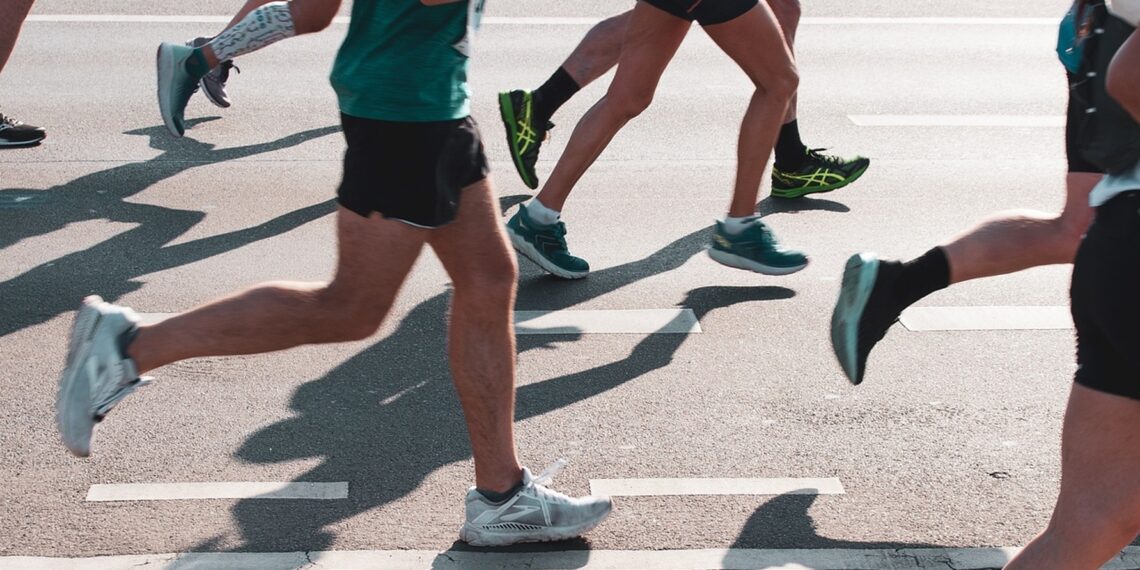By Arshel Akhter
Guwahati: The Guwahati Police have imposed sweeping restrictions on recreational and sporting events, sparking concerns over equity and urban planning.
On April 9, 2025, the Office of the Commissioner of Police issued an order under Section 163 of the Bharatiya Nagarik Suraksha Sanhita, 2023, prohibiting processions, rallies, marathons, walkathons, and similar activities within the city limits.
Authorities cited traffic congestion and potential delays to emergency services as reasons for the ban.
This follows an earlier February 10 notification that explicitly barred processions, including cycling rallies and running events.
The notification highlighted the inconvenience such activities cause to commuters, yet failed to account for the rights and well-being of participants and organisers, many of whom are also citizens.
Critics argue that the policy disproportionately prioritises the convenience of private vehicle users while restricting activities that promote fitness, community engagement, and sustainable mobility.
The ban has drawn comparisons to other events frequently allowed in the city, such as religious processions, political rallies, and cricket matches, which often cause significant disruption during working hours.
In contrast, sports and recreational events are typically held in the early morning and conclude before peak traffic hours.
Large educational institutions also contribute to daily traffic snarls due to parents using private vehicles for school drop-offs and pick-ups.
Despite this, authorities have not implemented measures such as promoting carpooling or enhancing school bus systems.
Experts suggest that systemic issues, rather than recreational events, are the primary contributors to Guwahati’s traffic woes.
The city’s vehicle ownership rate—over 300 cars per 1,000 people—is higher than in larger cities like Delhi and Bengaluru, driven by inadequate public transportation and lenient car-centric policies.
While the city operates over 200 electric buses and 300 private buses, service coverage and quality remain inconsistent.
Political rallies and elections often divert these buses, leaving commuters stranded.
Investments in flyovers and elevated corridors prioritise vehicles over pedestrians and cyclists, while on-street parking remains cheap or free, incentivizing car use.
The city lacks cycling lanes, and footpaths are often encroached upon or in disrepair, discouraging walking and cycling.
Cities like London, New York, and Mumbai regularly host large-scale marathons and cycling rallies, closing roads temporarily for such events.
These activities not only promote health and wellness but also contribute to tourism, local economies, and city identity. Effective traffic management plans ensure minimal disruption while accommodating these events.
Since 2023, organisers in Guwahati have been required to pay a flat fee of Rs. 2,000 per event to seek permissions, with minimal police support provided in return.
Refunds are not issued if events are denied permission, further burdening organisers.
As Guwahati grows, it must strive to become a city that encourages active lifestyles and community participation, rather than suppressing them.
Collaborative efforts between policymakers, urban planners, and citizens are needed to create a city that serves everyone—not just vehicles.
Arshel Akhter is the Bicycle Mayor of Guwahati & Sustainable Urban Mobility Advocate















